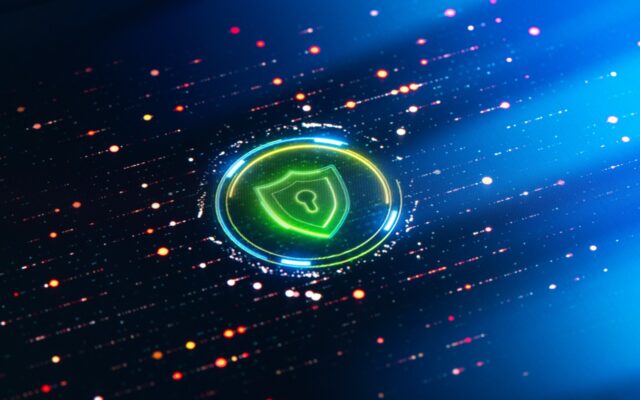Protecting your organization starts with protecting your data against ransomware and other sophisticated cyber threats. Regardless of the industry, geography or size, every organization, company, government and even our individual lives, are data-driven today.
Dell Technologies strives to build trust and a secure, connected world. We understand that organizations of all sizes need intrinsic security to protect their entire digital lives – this requires a holistic cyber resiliency strategy that protects your technology environment, and the data that enables your organization to achieve its goals, end-to-end.
That’s why we are launching a free Cyber Resiliency Assessment – a quick but comprehensive health check on your organization’s ability to detect, respond to and recover from cyber threats like ransomware. Based upon your assessment and current score, we provide you with valuable insights from Enterprise Strategy Group, an IT analyst, research, validation, and strategy firm – actionable steps from trusted experts to help improve your cyber resiliency.
I sat down with Christophe Bertrand, Senior Analyst at ESG, for a fireside chat on cyber resiliency and the assessment. Our conversation follows.
Chhandomay: Hi Christophe! Thank you for joining me today to talk about how Dell Technologies and ESG are working together to help organizations assess and improve their cyber resiliency.
Before we get into the assessment, could you provide some context and background on the current environment of cyber threats like ransomware that you see?
Christophe: It’s dire for organizations, to be honest. New research from ESG, in fact, shows that 18% of the more than 300 organizations we surveyed are experiencing ransomware attacks daily, and 24% are experiencing ransomware attacks weekly.
Tell us more about what you’re learning from your latest research?
This urgency of the threat and risks to organizations is consistent with what these same organizations tell us they are focusing their budget on. In a separate, larger survey, nearly half of the organizations see fortifying cybersecurity as a business issue driving tech spending.
Against that backdrop, let’s talk about this new free Cyber Resiliency Assessment that Dell and ESG have developed together.
Through our research, conversations with thousands of IT and business leaders, and our work with solution providers like Dell, we recognized that it can be overwhelming for IT leaders to understand what areas to focus upon first and which threats pose the most risk to their organizations.
We wanted to give anyone struggling in this journey to cyber resiliency, a place to begin – or for those feeling that they are prepared today but perhaps there’s an area they may not have thought of – and for everyone else in the middle.
So, today, we encourage everyone to invest about five minutes of your time to take the assessment and receive your report. It is well worth your time for your organization.
Can you tell us a little more about the Cyber Resiliency Assessment and why now?
In addition to the growing threats of ransomware and frequency of attacks, ESG research shows that cybersecurity continues to be the most common area of IT skill shortages, with 48% of organizations reporting a problematic shortage of skills. That is a dangerous combination of factors.
Together with Dell Cyber Resiliency experts, we designed the assessment and recommendations report to be concise and focused upon what we feel are key areas of concern – specifically detecting, protecting and recovering from cyberattacks.
What’s an example of how the assessment looks at a threat and provides targeted recommendations?
Of course – for example, our research has shown that cyber criminals are more frequently targeting backups, rendering them useless in a recovery scenario. Forty-three percent of the people we talked to are ‘very concerned’ and 36% are ‘somewhat concerned’ that their backup could be affected by malware or ransomware.
Our assessment takes this into account with questions around speed of recovery but also the ability to recover data that is “known good” or free of compromise.
After a visitor has completed their assessment, what’s next?
They receive an immediate peer-based score and three summary videos tailored specifically to their areas of risk or vulnerability across the areas we discussed. I encourage everyone to then register to receive their full, customized report with their detailed scores, and more tailored recommendations from ESG. These are actionable recommendations from ESG paired with resources and links to other information where users can learn more about improving their cyber resiliency.
Source: delltechnologies.com






0 comments:
Post a Comment